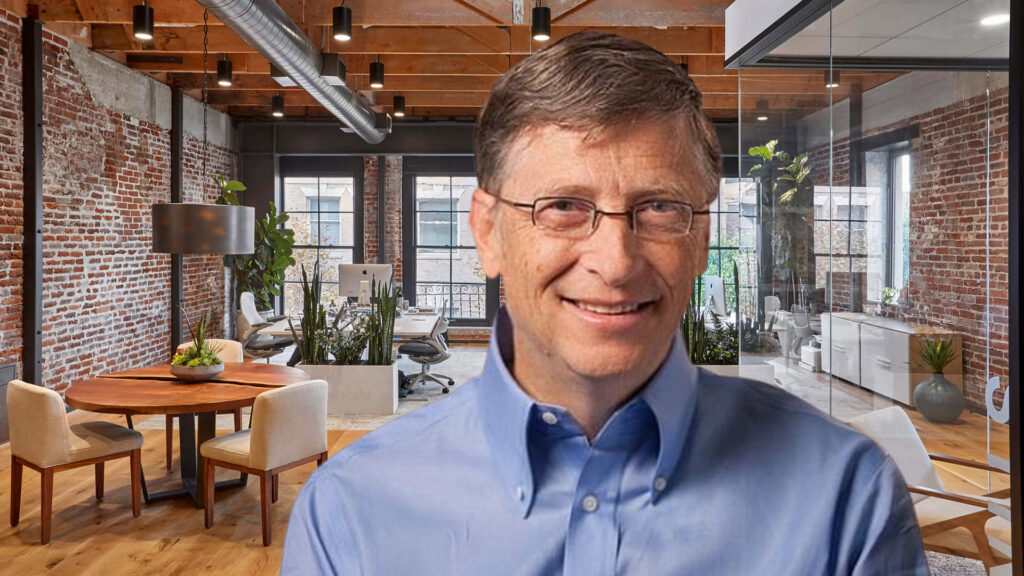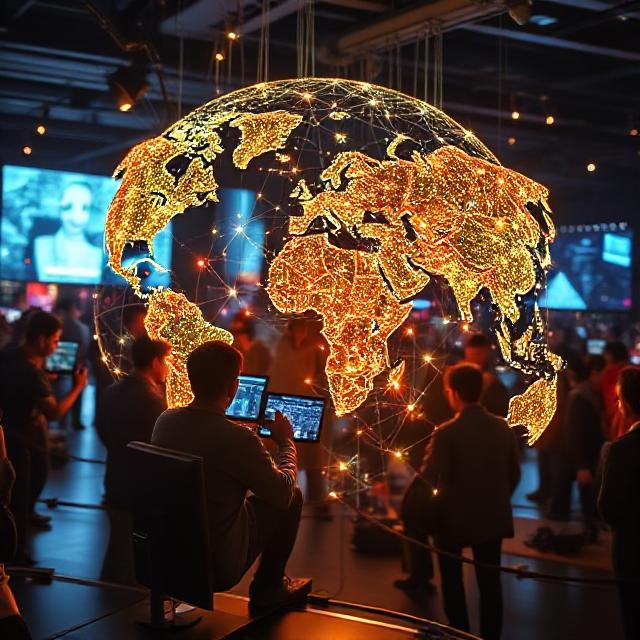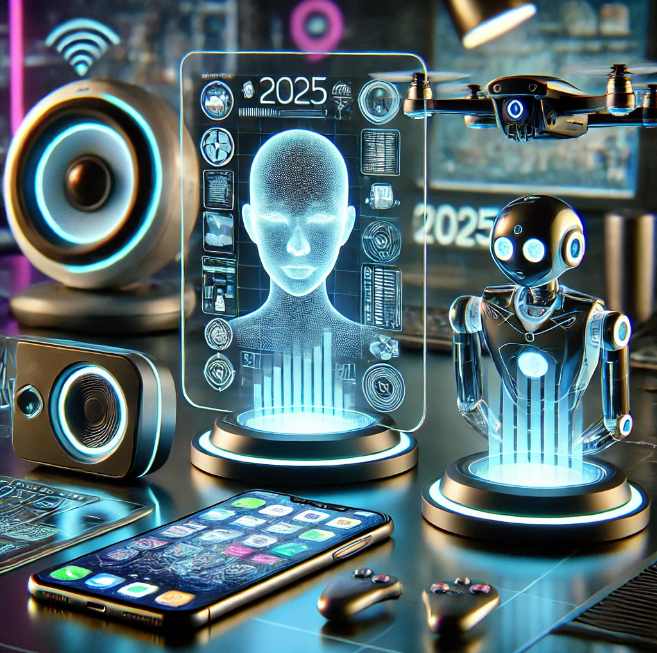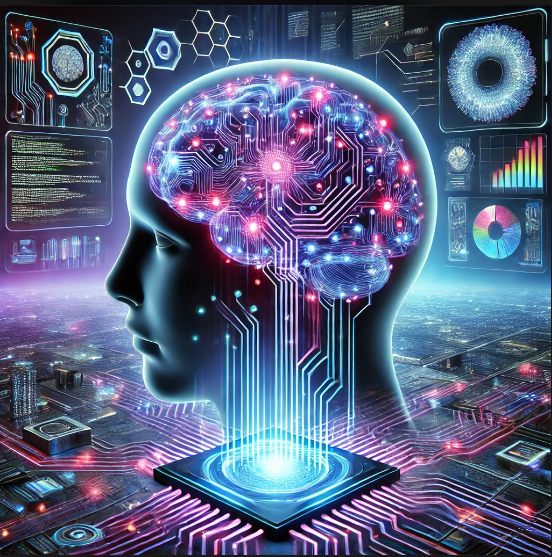Bill Gates Highlights Al’s Limitations: Emphasizes Continued Human Necessity in Key Sectors

Since OpenAI launched ChatGPT in 2022, artificial intelligence has significantly reshaped our daily lives and professional landscapes. ChatGPT, Gemini, Copilot, and DeepSeek have become integral tools in various sectors, enhancing productivity and automating tasks. For instance, Microsoft Copilot automates takes-in Office applications, reportedly saving users 30-50% of their time, while DeepSeek assists with data analysis and complex problem-solving, such as financial forecasting and risk management.
However, this rapid integration of AI has raised concerns among professionals about potential job displacement across different industries. As AI continues to develop, the workforce must adapt and acquire new skills to remain relevant in this changing landscape.
In a recent interview, Microsoft co-founder Bill Gates predicted that artificial intelligence (Al) will significantly reduce the need for human experts in fields such as medicine and education within the next decade. He envisions AI providing high-quality medical advice and tutoring, making these services more accessible and affordable. Gates. also suggests that AI advancements could lead to a reduced workweek, potentially as short as two or three days, as AI handles more tasks traditionally performed by humans.
However, Gates identifies certain professions that he believes will remain resilient in the face of AI advancements. He emphasizes the ongoing need for human expertise in areas such as coding, energy strategy, and scientific research, as these fields require skills that AI cannot yet replicate.
Bill Gates says AI will make intelligence-free, shares views on jobs and India
At a recent Express Adda event, Microsoft co-founder Bill Gates discussed the transformative impact of artificial intelligence (Al) on society, emphasizing its potential to democratize access to knowledge and reshape employment landscapes. It looks like you’re referencing two popular Indian news sources: The Indian Express and The Economic Times. Both of these publications offer a mix of news, analysis, and commentary on a variety of topics. If you have specific articles or topics in mind from either of these papers, feel free to share!
AI is making it easier for everyone to access intelligence and information.
Gates highlighted that AI advancements are ushering in an era where “intelligence will become nearly free,“making high-quality medical advice and educational tutoring widely available, He envisions AI-driven tools providing personalized learning experiences and accurate health consultations, thereby reducing traditional barriers to expertise.
Impact on Employment
Talking about worries over job loss, Gates mentioned that with how fast AI is advancing, it might make humans not needed for a lot of jobs in the next ten years. He mentioned that jobs like doctors and teachers could really be affected since AI is getting better at doing tasks that people usually handle.
However, Gates identified three professions that are less susceptible to automation: coders, biologists, and energy experts. He emphasized that the creativity and nuanced understanding required in these fields make them less likely to be fully replaced by Al.
India’s Role in the AI Era
Gates also expressed optimism about India’s position in the evolving AI landscape. He praised the country’s advancements in digital infrastructure and its potential to leverage AI for economic growth and societal development. Gates highlighted India’s robust talent pool and innovative spirit as key drivers in harnessing Al’s benefits.
Lately, there’s been a lot of chatter, especially from people like Sam Altman at OpenAI, about how AI could eventually take over some jobs in software engineering. But Bill Gates thinks that people will still play a really important role in coding, even as technology evolves. Gates points out that even though AI can whip up code, it just doesn’t have the problem-solving skills that are super important for tackling complex software projects. This really highlights that we still need good old human programmers around. Get superpowers but with our brains!








Leave a Reply